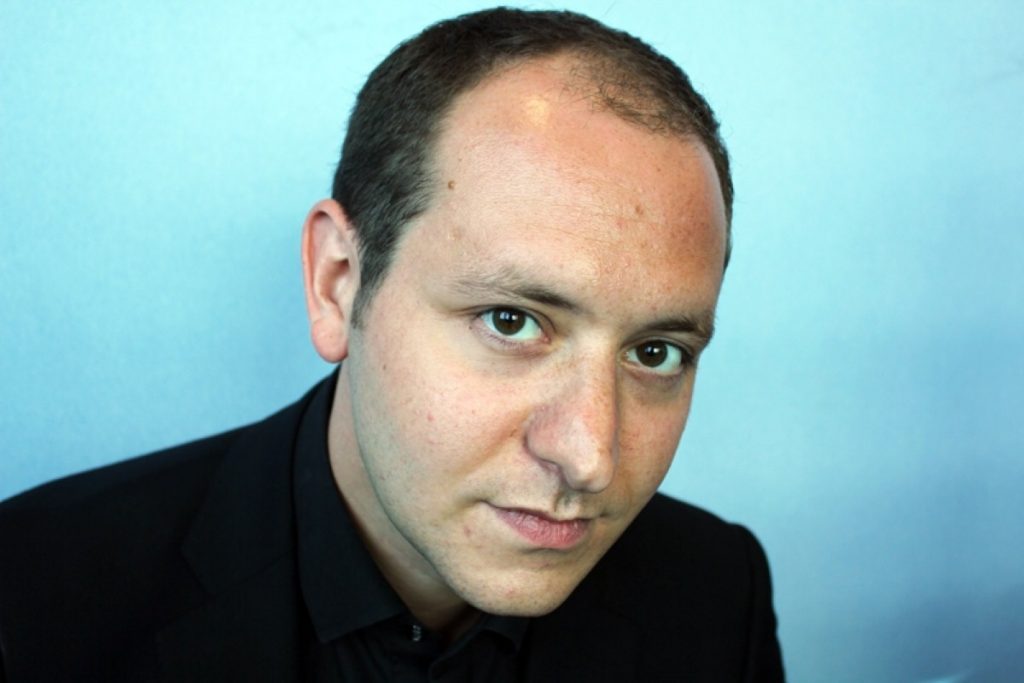Comment: Police commissioner shambles shows wisdom of British public
The political class has many self-serving theories about the British electorate. Its most blatant is that the public has mastered the political system.
Political pundits and MPs often look at the governments elected after World War Two – from Atlee in 1945 to the coalition in 2010 – and suggest the British people expressed their complex desires with surprising clarity when polling day came. Despite the tactical voting and confused mandates of a first-past-the-post constituency system, this view suggests the British people are very good at getting the result they want.
It is a non-falsifiable theory and therefore plainly nonsense. It is also a post-hoc rationalisation clearly designed to reassure the political class of its democratic mandate in an age of ever-lower turnout.
Today it may be true.
The British people have stayed away from the polls en-mass. The police commissioner elections have been an absolute shambles. Many have blamed the government for not giving candidates free mailshots. Citizens could access all the information for free on specially-created websites, police minister Damian Green argued today, seemingly without irony. The very idea of the public actively logging on to do so stretches credibility way past breaking point.
In reality, the free mailshot would have made little difference. The public stayed away because they weren't interested and they didn't want it.
John Curtice of the University of Strathclyde made the important point this morning that the electorate only votes where there is a very clear choice. "The fundamental question is this: who is against the police, and who is in favour of crime?" he asked. "In other words, what really are the significant choices one could put before the electorate about how the job of police and crime commissioner should be done?"
That's a valid point, but it’s not the whole story. The democratisation of policing is an acutely dangerous move which any truly democratic society would rule out. It allows the middle class to lobby more powerfully for greater control and risks further marginalising those who have already been shuffled onto the outskirts of society.
To discover the reality of this idea, take the Number 19 bus from Finsbury Park to Chelsea.
The Number 19 bus is the most politically revealing public transport arrangement in Britain. Sit on the top deck and you will see the reality of resource allocation in the capital. In Finsbury Park, there are few policeman and litter is left everywhere. By the time you reach the Kings Road, the streets are clean and there are police everywhere, despite there being significantly less reported incidents of crime.
Why? Why are resources delivered where they are least needed? Because the middle class is very competent at complaining. It has the connections, the cultural understanding, the time and the inclination to get its way. The middle class writes letters. It buys newspapers which represent its interests. It calls in to radio talk shows on Radio 4, which councillors and MPs listen to as they make their tea. It knows MPs hold constituency surgeries. It even knows when they hold them. It even sometimes goes.
Disadvantaged communities pay their council tax too, but they get less for their money. They do not write letters of complaint. They do not have the sense of entitlement that comes with privilege and schooling. They buy fewer newspapers and call fewer talk shows.
Democratising the police will entrench this pattern. It will give more power to those who bother and direct resources away from those who don't. And that's the best case scenario.
At its worst, politicising the police force will increase iniquity and injustice. Pretty white girls who go missing – the kinds newspaper start campaigns over – will have further resources directed towards them. But the poor, the weird, the different, the immigrant, the marginalised – those who do not fit a tabloid assessment of worthiness – will have even less attention paid to them than they do already.
John Stuart Mill, who spent his life campaigning for liberalism and democracy, realised before anyone else that it had its dangers as well. It is called the tyranny of the majority. The coalition's cack-handed attempt at creating police commissioners is a uniquely dangerous example.
Fortunately the British people were wise enough to see how disreputable it was. Unfortunately, the government will press ahead regardless.
The opinions in politics.co.uk's Comment and Analysis section are those of the author and are no reflection of the views of the website or its owners.





-01.png)